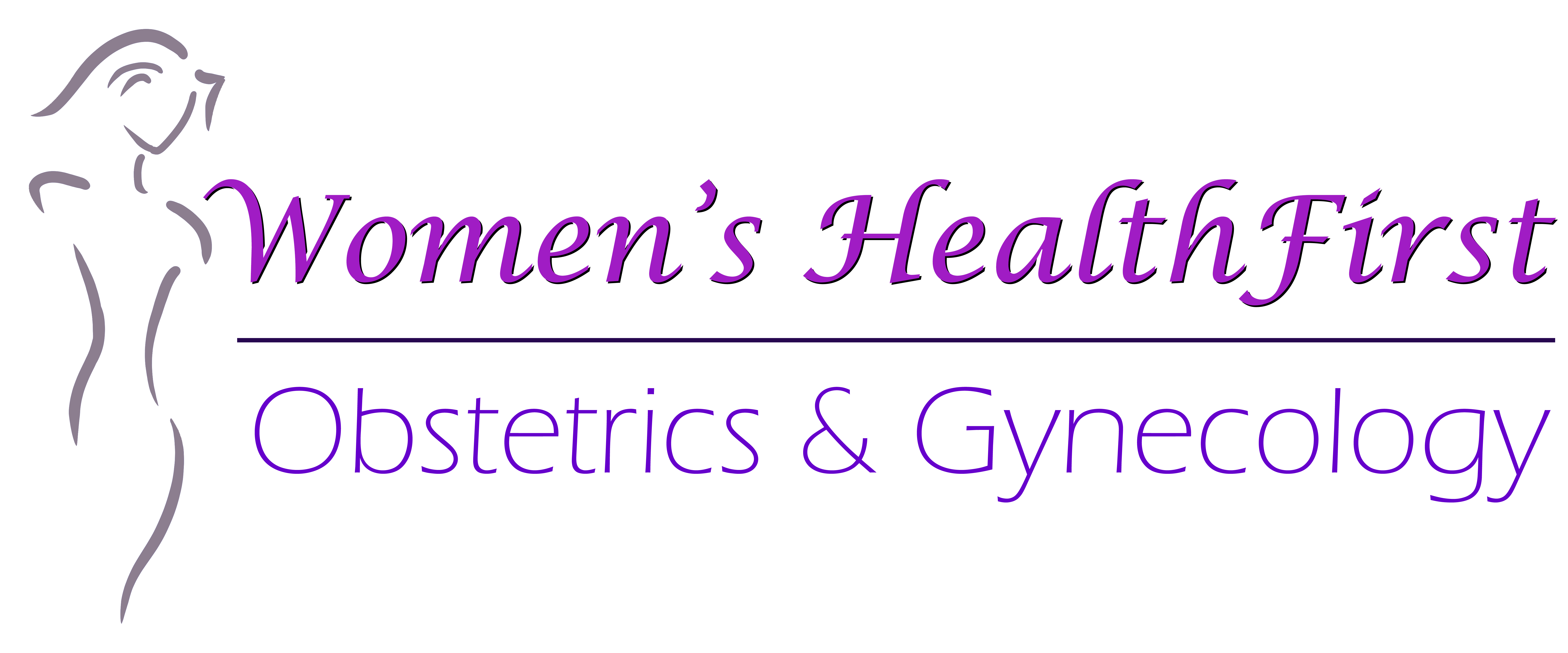History of Preterm Labor
Women with a history of preterm labor have a higher risk of being up to two times more likely of having another preterm delivery. The average pregnancy lasts about 40 weeks. Preterm labor occurs between weeks 20 and 37 and happens when contractions result in a cervical change or opening. Going into labor prematurely can result in a premature birth and is the leading cause of neonatal death in America. The earlier the birth of a baby happens, the greater their health risk, with most preemies ending up in the intensive care unit post-delivery and living with long-term disabilities.
Risks of Preterm Labor
There are many factors that may lead to the increased risk of preterm delivery that can be identified before and during pregnancy. These risks include:
- Previous preterm labor or premature birth
- Multiples pregnancy
- History of cervical issues
- Extreme stress
- Age
- Race
Other risks can include health conditions like:
- Ehlers-Danlos syndrome
- Chronic hypertension and preeclampsia
- Diabetes
- Infections

Signs of Preterm Labor
Knowing the signs and symptoms of preterm labor can help you act quickly. Even if you only have one sign of preterm, you should contact your physician immediately. Figuring out if something is serious or not is not your burden to take on. It is always better to be safe than sorry and know exactly what is going on with you and your baby. Signs of preterm labor to be mindful of include:
- Regular or frequent contractions
- Changes in vaginal discharge
- Spotting or bleeding
- Cramps or pressure in the lower stomach
Your healthcare provider will consider your complete obstetric history to assess your risks and estimated due date. Depending on whether it’s determined that you are in preterm labor, your provider may give you treatment to either stop it or at least ensure better health for your baby before birth.
Reducing the Risk of Preterm Labor
Delivering early can pose a series of complications to the mother, like post-partum depression or a C-section. Health concerns for the baby may result in underdevelopment, below-average birth weight, and long-term disabilities like cerebral palsy. While there may not be a direct avenue to prevention, there are most certainly steps that can reduce the risk of delivering early and complicating the health of you both. You may not be able to change some things, like pre-existing medical conditions or having more than one baby at a time in previous pregnancies. Other things are fully within your control and easy to do in order to promote a full-term pregnancy.
Tactics to keep your health on the positive side and decrease the risk of preterm labor include:
- Sticking to your prenatal care checkup schedule, so your obstetrician can monitor you and your baby. Keeping them updated and well-informed will allow them to make the most adequate decisions regarding any issues or concerns.
- Avoiding behaviors like smoking and drinking. Stopping before conception is the best thing you can do for the health of your baby. If you need help, talk to your provider about program options to get you to your best health.
- Managing chronic health conditions like diabetes or thyroid problems by listening to your doctor’s recommendations will help you keep things under control.
- Taking time between pregnancies will help your body recover properly and reduce chances of you having a premature birth, stillbirth, or miscarriage.
- Reducing the amount of stress in your life is always a great thing to do, especially when your body is working for two or more. Removing yourself from situations or eliminating stressful stimuli will help keep you happy and away from depression.
If you have a history of preterm labor, it doesn’t have to mean this pregnancy will result in the same way. Our providers will take all of your health history and other factors into account to deliver the best series of steps for you to ensure a timely delivery.
For more information, call Women’s HealthFirst at (847) 808-8884 or request your appointment now. We have five locations near Chicago, Illinois, to serve you. Established patients are encouraged to visit the convenient online patient portal to request an appointment, message our team, update their records, and more.

